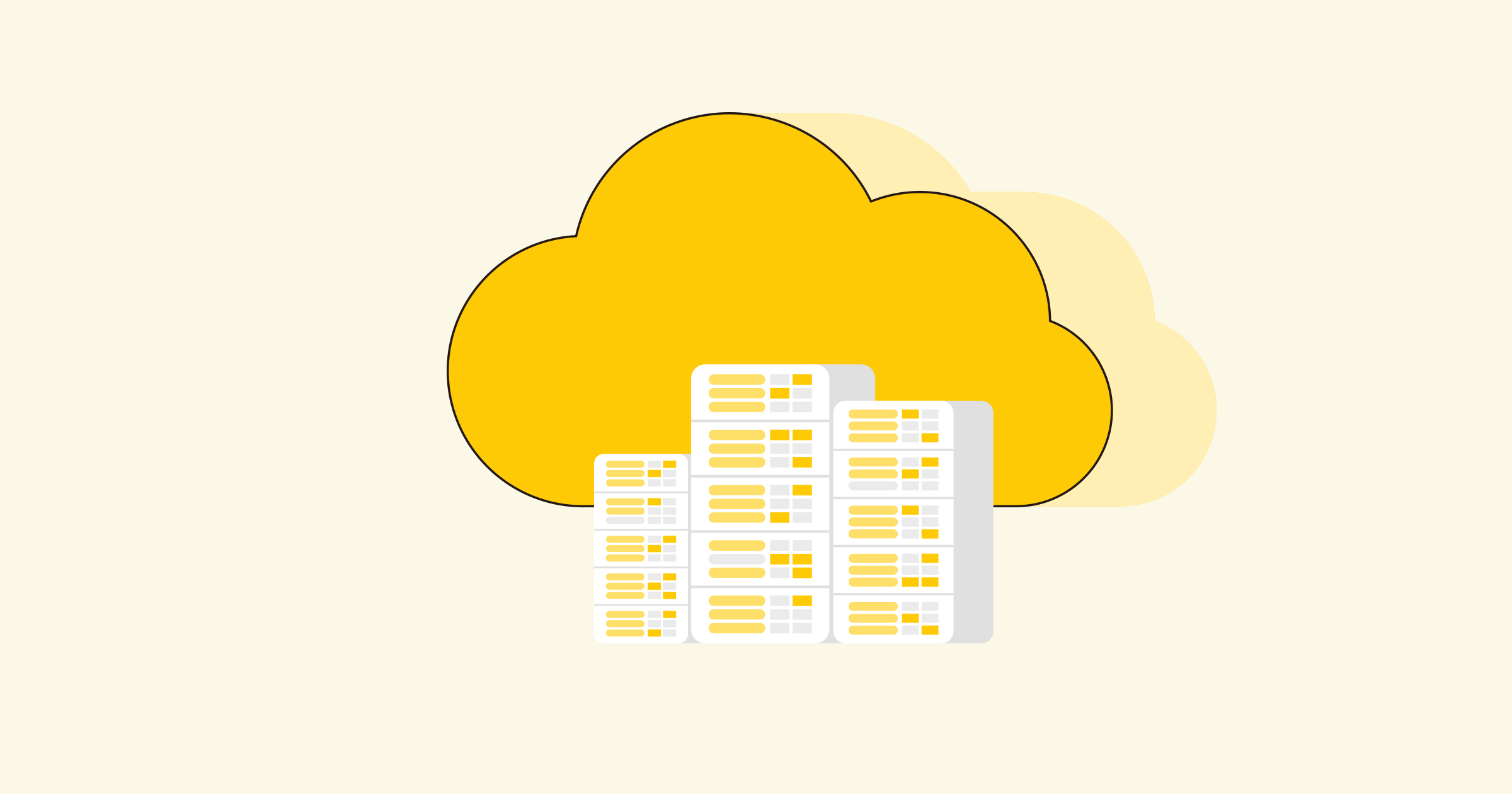What is a proxy server and how does it work?
In today's digital age, the need for online privacy and security has become increasingly important. One tool that individuals and businesses can use to protect their online activities is a proxy server. In this blog post, we will explore what a proxy server is, how it works, and the benefits it offers.
What is a proxy server?
A proxy server acts as an intermediary between a user's device and the Internet. When you connect to the Internet through a proxy server, it masks your real IP address and routes your Internet traffic through the server. This means that websites and online services see the proxy server's IP address instead of your own.
How does a proxy server work?
When you request a Web page or other online content, your device sends a request to the proxy server. The proxy server then forwards the request to the intended destination, such as a website or server. The requested content is then returned to the proxy server, which sends it back to your device. This process allows you to access online content while maintaining your privacy and security.
Types of proxy servers
There are several types of proxy servers, each with its own specific use cases and features. Here are some of the more common types:
1. Transparent Proxy: This type of proxy server doesn't modify the requests or responses that pass through it. It simply acts as a middleman and doesn't provide any additional security or privacy benefits.
2. Anonymous Proxy: An anonymous proxy, as the name suggests, hides your IP address from the websites and services you visit. However, it may still reveal that you are using a proxy server.
3. High anonymity proxy: This type of proxy provides the highest level of anonymity, making it difficult for websites and services to detect that you are using a proxy. It also effectively hides your IP address.
4. Reverse Proxy: A reverse proxy server sits between a web server and clients. It helps improve performance, load balancing, and provides additional security measures.
Benefits of using a proxy server
There are several benefits to using a proxy server for both individuals and businesses:
1. Improved privacy: By masking your IP address, a proxy server helps protect your identity and online activities from prying eyes. It adds an extra layer of security, especially when accessing public Wi-Fi networks.
2. Bypass geo-restrictions: Proxy servers can allow you to access content that may be blocked in your location. By connecting through a proxy server in another country, you can bypass geographic restrictions and access region-specific content.
3. Improved security: Proxy servers can filter out malicious websites and prevent them from accessing your device. They can also encrypt your Internet traffic, making it more secure and protecting you from hackers.
4. Bandwidth savings: For businesses, using a proxy server can help reduce bandwidth consumption. By caching frequently accessed content, the proxy server can serve that content to users without having to retrieve it from the original source, saving bandwidth and improving overall network performance.
Conclusion
In summary, a proxy server acts as an intermediary between your device and the Internet, providing enhanced privacy, security, and accessibility. It masks your true IP address and routes your Internet traffic through the server, allowing you to access content that may be blocked in your location or protect your identity online. Whether you are concerned about privacy, security, or accessing geo-restricted content, a proxy server can be a valuable tool in your online arsenal.





























